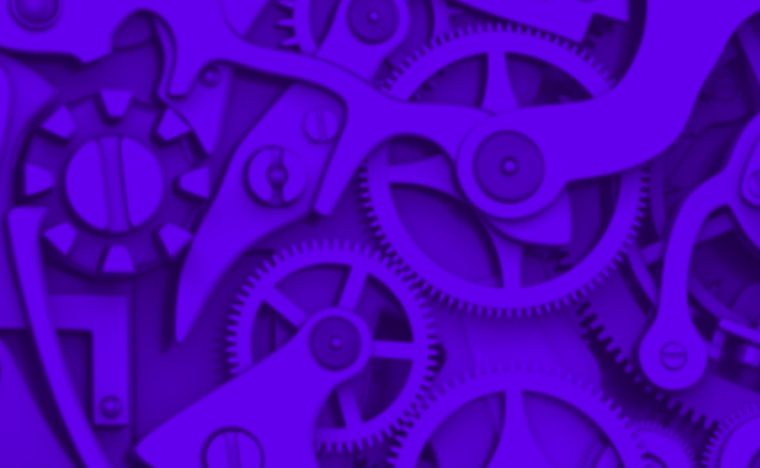
Workshop: 3 days, on-site or remote
Build production-ready API services in Rust
Workshop description
Rust is an excellent programming language for developing API services. You can build applications that are fast, reliable, and cost-effective. In fact, using Rust to write services can tremendously reduce your operating costs. However, the main challenge is knowing where to start. This workshop guides you through the process. At the end of the journey, you'll know enough to set up a production-ready HTTP API using the Axum framework.
This workshop is designed for developers who know the basics of Rust and want to learn more about backend development using Rust. Having written Rust in a production environment is not a requirement.
Hello Axum!
Axum is the web framework we will be using throughout the workshop. We'll go over its architecture and where it fits in the broader Rust ecosystem.
Your first endpoint
We'll learn enough about Axum to write an API with a single endpoint that returns a static "Hello World" response. It'll be an opportunity to learn about the key components of an Axum application (the HTTP server, the router, the handler) and how to connect them together. We'll also wire up our first integration test. No matter how simple the endpoint, we want to make sure it works!
Extracting data from the request
We'll expand our API with new endpoints that leverage route parameters, query parameters and JSON bodies. It'll be your introduction to the FromRequest trait and how to use it to write extractors, the key mechanism to inject data from the incoming request into your handlers.
Telemetry
At this point, the API is starting to get complex and you're likely to run into issues: how do you debug them? We'll learn how to use the tracing and the tower-http crates to instrument our code and capture structured logs. It'll be the first middleware you'll mount in your application.
Shared application state
Some data outlives the lifetime of a single request—e.g. a database connection pool, or a cache client. We'll learn how to model this data as the state of our application and how to access it from our handlers.
Hierarchical configuration
As soon as you start doing something non-trivial, you'll need to configure your application with parameters that are specific to the environment it's running in. We'll learn how to use the config crate to load configuration from environment variables and configuration files, using a layered approach.
External state, working with databases
We'll learn how to use the sqlx crate to connect to a PostgreSQL database and execute queries. We'll cover connection pooling and transactions, as well as how to test endpoints that interact with the database.
External state, working with third-party APIs
We'll learn how to use the reqwest crate to call third-party APIs. We'll cover connection management, retries and timeouts, as well as how to test endpoints that interact with third-party services via wiremock.
Sharing logic between endpoints via middlewares
When you have multiple endpoints, you'll often find yourself repeating the same logic in each of them. We'll learn how to extract this logic into middlewares and mount them in our application.
Preparing to deploy
Most platforms require you to package your application as a Docker image for deployment. We'll cover how to write a Dockerfile to package our API, with a focus on effective caching (via cargo-chef) and techniques to minimise the size of the final image.
